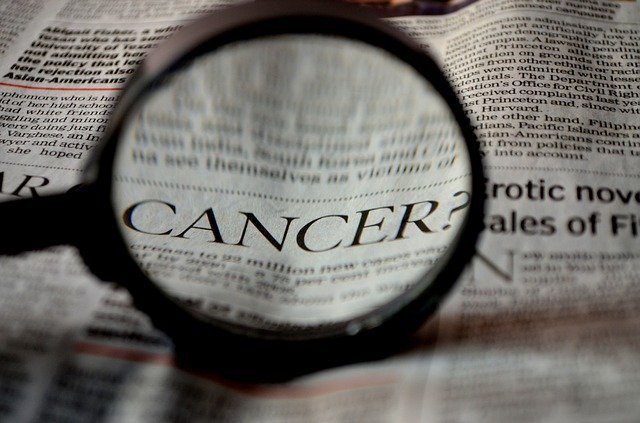
In a new paper, researchers suggest that women undergoing radiotherapy for many cancers are more likely than men to be cured, but the side effects are more brutal.
They say women are generally more sensitive to radiation than men, but this is not considered in international guidelines for radiation dosages.
The research was conducted by a team at the University of South Australia and elsewhere.
Current guidelines are generally based on a person’s height, weight or BMI, and radiobiological responses of the general population.
The researchers highlight the need for gender to be taken into account when administering radiation.
They say gender plays a role in the occurrence and response to therapy of many diseases.
For example, it is already well established that men are more susceptible to head, neck and blood cancers and women are more prone to autoimmune diseases as well as developing osteoporosis.
Scientists also know that individual responses to radiotherapy are up to 80 percent determined by genetics.
The team says men are more radio-resistant than women, their healthy tissues are better protected when receiving radiotherapy with fewer side effects, but their long-term survival rates are shorter.
The differences in radiation responses are highlighted by two major events in history: the Chernobyl nuclear reaction disaster in 1986 and the atomic bombings of Hiroshima and Nagasaki in 1945.
The incidence of cancer in Japan was much higher in women (58 percent) compared to men (35 percent).
Likewise, after the Chernobyl nuclear accident, millions of fewer girls were born to irradiated men and women were at greater risk of endocrine imbalance, thyroid cancer, and brain tumors.
The one area that does appear to give women some protection against radiation is the female hormone oestrogen, which has a neuroprotective effect during head irradiation.
The team says healthcare becomes progressively more tailored to the individual, gender is a factor that can no longer be disregarded. It needs to be taken into account as an independent prognostic factor.
One author of the study is Professor of Medical Radiation, Eva Bezak.
The study is published in Critical Reviews in Oncology/Hematology.
Copyright © 2020 Knowridge Science Report. All rights reserved.



